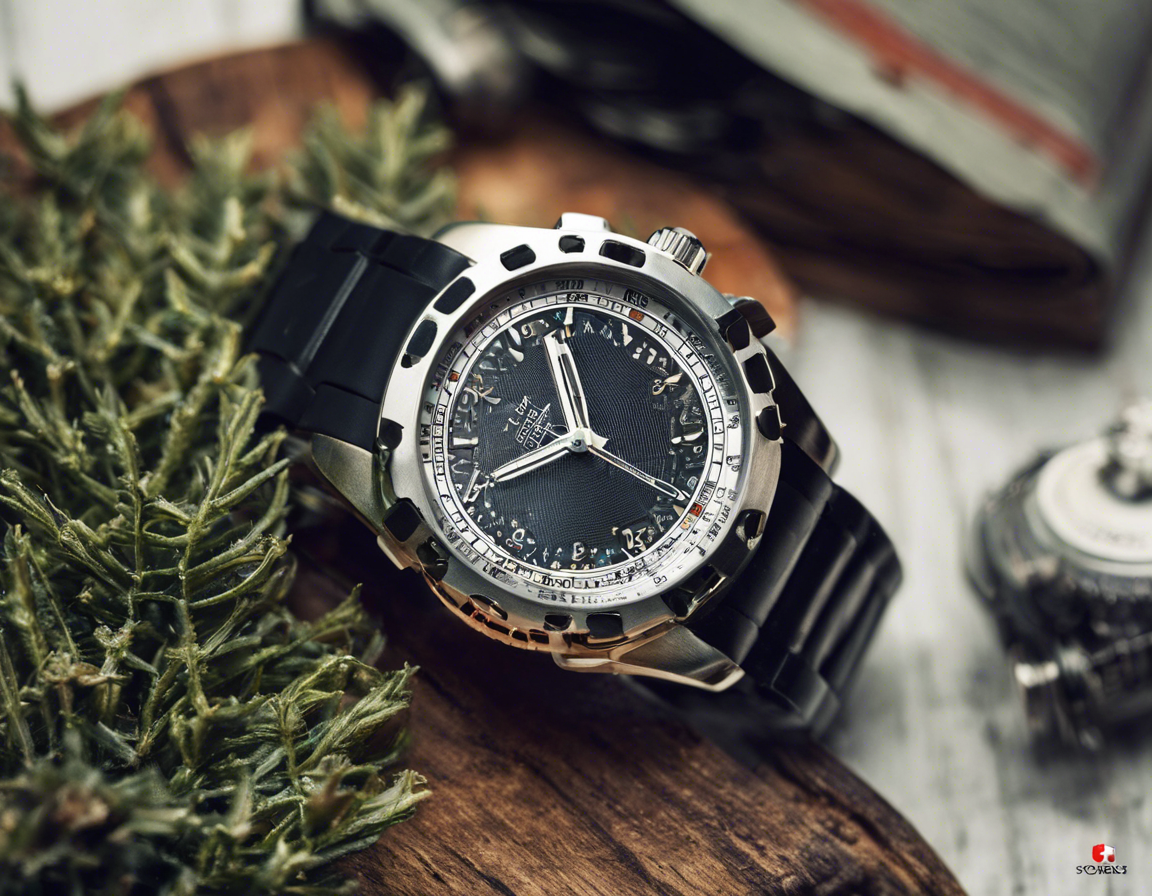Swiss watches have been synonymous with luxury, elegance, and precision for centuries. The intricate craftsmanship, attention to detail, and rich heritage associated with Swiss watchmaking have cemented its reputation as the epitome of horological excellence. In this comprehensive guide, we delve into the enchanting world of Swiss watches, exploring their history, craftsmanship, iconic brands, and what sets them apart in the realm of haute horlogerie.
A Glance into History
Swiss watchmaking traces its roots back to the 16th century when Protestant reformer Jean Calvin banned the wearing of jewelry in Geneva. This led goldsmiths and jewelers to pivot towards watchmaking, laying the foundation for what would become the epicenter of craftsmanship in the industry. The Swiss Jura region, with its rich tradition of artisanal skills and technical innovation, soon emerged as the hub of watchmaking excellence.
Craftsmanship at its Finest
One of the hallmarks of Swiss watches is the unparalleled craftsmanship that goes into each timepiece. From meticulously hand-assembling intricate movements to hand-polishing every component, Swiss watchmakers exhibit a commitment to perfection that is unrivaled. The Swiss Made label on a timepiece is not just a marker of its origin but a testament to the exacting standards and expertise wielded in its creation.
Precision Engineering
Swiss watches are renowned for their precision and accuracy. The Swiss watchmaking industry has a long history of creating movements that are not only reliable but also refined to micro-level precision. The stringent quality control measures ensure that each watch that bears the Swiss Made mark upholds the legacy of precision engineering that the country is celebrated for.
Iconic Swiss Watch Brands
The Swiss watchmaking landscape is dotted with legendary brands that have shaped the industry and set milestones in horological innovation. From Rolex to Patek Philippe, Audemars Piguet to Omega, these brands have become household names among watch connoisseurs and enthusiasts alike. Each brand carries with it a distinct identity, a unique heritage, and a commitment to pushing the boundaries of what is possible in watchmaking.
What Sets Swiss Watches Apart
- Heritage: Swiss watches boast a heritage that spans centuries, with many brands having storied pasts that are steeped in tradition and innovation.
- Quality: The reputation of Swiss watches for exceptional quality is unmatched, with each timepiece undergoing rigorous testing to ensure durability and precision.
- Innovation: Swiss watchmakers are at the forefront of horological innovation, constantly pushing the boundaries of what is technologically possible in watchmaking.
- Resale Value: The prestige and craftsmanship associated with Swiss watches often translate into high resale values, making them not just timepieces but investments.
Sustainability in Swiss Watchmaking
As the world grapples with environmental concerns, the Swiss watchmaking industry has also embraced the need for sustainability. Many Swiss watch brands have taken steps to reduce their carbon footprint, embrace ethical sourcing practices, and integrate sustainability into their manufacturing processes. From using recycled materials to investing in clean energy, Swiss watchmakers are committed to ensuring that their craft remains sustainable for the future.
FAQs
1. Are all Swiss watches considered luxury timepieces?
While Swiss watches are often associated with luxury due to their craftsmanship and heritage, not all Swiss watches fall into the luxury category. There are Swiss watch brands that cater to different price points and audiences, offering a wide range of options beyond just luxury timepieces.
2. What does the “Swiss Made” label signify?
The “Swiss Made” label on a watch indicates that the watch has been made in Switzerland and meets the criteria set by Swiss law. These criteria include the watch’s movement being Swiss, the movement being cased up in Switzerland, and the final inspection of the watch taking place in Switzerland.
3. Are Swiss watches worth the investment?
Swiss watches are often considered valuable investments due to their craftsmanship, quality, and heritage. Many Swiss watches hold their value well and can even appreciate over time, especially limited edition or vintage pieces from renowned Swiss watch brands.
4. How often should I service my Swiss watch?
It is recommended to service a Swiss watch every 3-5 years to ensure that it continues to function optimally. Regular servicing helps maintain the watch’s accuracy, longevity, and overall condition.
5. Can I purchase a Swiss watch online?
Yes, many Swiss watch brands have authorized online retailers where you can purchase their timepieces. It is essential to ensure that you are buying from a reputable and authorized dealer to guarantee the authenticity and warranty coverage of the watch.
6. Do Swiss watches come with warranties?
Yes, most Swiss watches come with warranties that cover manufacturing defects and faults. The duration of the warranty can vary depending on the brand and model, so it is advisable to check the warranty terms before making a purchase.
In conclusion, Swiss watches stand as a testament to the union of artistry, precision, and heritage. The allure of a Swiss timepiece goes far beyond its function as a mere accessory, embodying centuries of craftsmanship and innovation. Whether as a symbol of status, a piece of history on your wrist, or a legacy to pass down through generations, a Swiss watch transcends time to become a timeless treasure.



